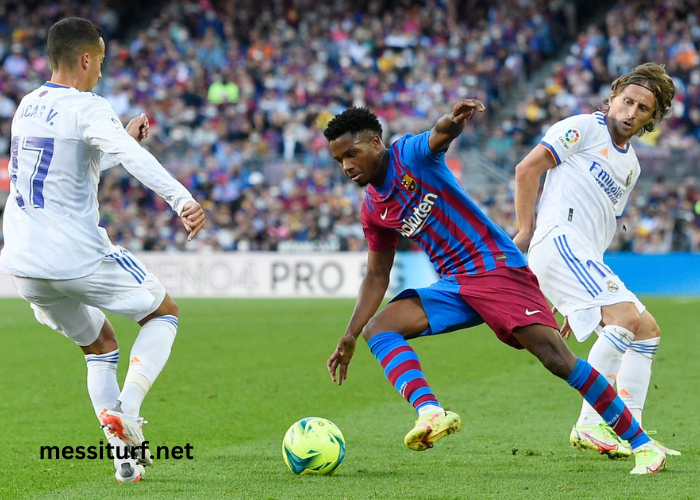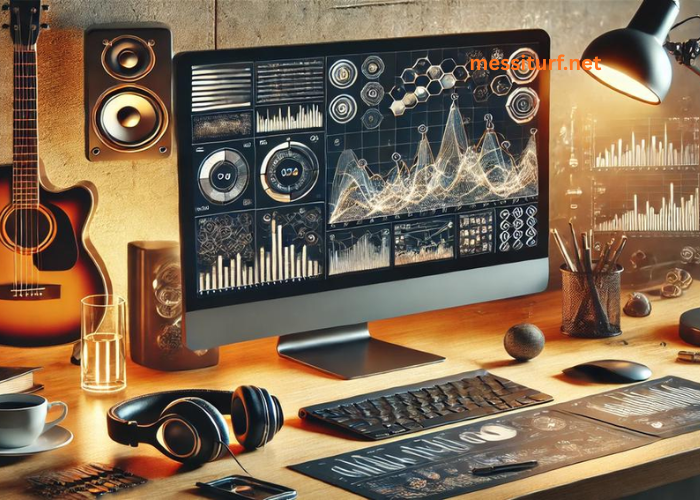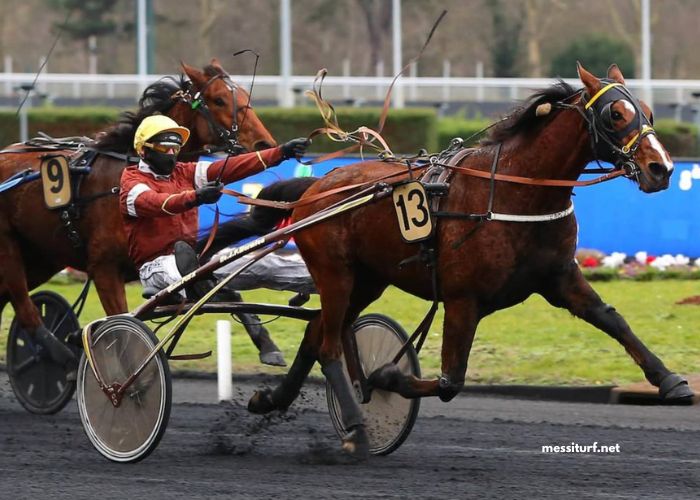In the realm of football, few rivalries match the intensity, passion, and historical significance of Barcelone vs. Real Madrid. This legendary matchup, known as El Clásico, transcends sport, captivating millions of fans worldwide with its drama, skill, and sheer spectacle. In this article, we delve into the rich history, iconic moments, and enduring legacy of Barcelone vs. Real Madrid, exploring what makes it one of the greatest rivalries in football history.
The Origins of El Clásico
The rivalry between Barcelone and Real Madrid dates back to the early 20th century when the two clubs emerged as powerhouses of Spanish football. Founded in 1899, Barcelone quickly established itself as a symbol of Catalan identity, while Real Madrid, founded in 1902, became synonymous with Spanish royalty and national identity. As the two clubs vied for dominance on the field, their rivalry took on a deeper significance, reflecting political, cultural, and regional tensions within Spain.
Historical Context
The historical backdrop of El Clásico is steeped in the socio-political dynamics of Spain, particularly during the Franco era. Real Madrid was often perceived as the favored club of the regime, enjoying financial support and political patronage. In contrast, Barcelone became a symbol of Catalan resistance, representing the region’s cultural identity and aspirations for autonomy. This historical context added an extra layer of significance to their encounters, turning El Clásico into more than just a football match—it became a battleground for ideological and cultural supremacy.
On-Field Drama and Iconic Moments
Throughout its storied history, El Clásico has produced countless memorable moments, iconic goals, and dramatic comebacks that have etched themselves into footballing folklore. From Alfredo Di Stéfano’s heroics for Real Madrid to Lionel Messi’s mesmerizing performances for Barcelone, the rivalry has seen some of the game’s greatest talents leave their mark on the biggest stage. Whether it’s the intensity of the atmosphere at the Santiago Bernabéu or the roar of the Camp Nou crowd, El Clásico never fails to deliver excitement, drama, and moments of sheer brilliance.
Global Impact and Fan Culture
El Clásico transcends national boundaries, captivating football fans around the world with its drama and spectacle. From the streets of Barcelona to the neighborhoods of Madrid, supporters of both clubs live and breathe every moment of the rivalry, often passing down their allegiance from generation to generation. Beyond Spain, El Clásico draws millions of viewers from every corner of the globe, making it one of the most-watched sporting events on the planet. The global appeal of the rivalry speaks to its universal significance and its ability to unite and divide fans in equal measure.
Legacy and Cultural Significance
The legacy of Barcelone vs. Real Madrid extends far beyond the confines of the football pitch, leaving an indelible mark on Spanish culture, society, and identity. The rivalry has become ingrained in the fabric of Spanish life, shaping attitudes, allegiances, and narratives for generations. Whether it’s the rivalry’s portrayal in literature, film, or art, El Clásico continues to inspire and captivate audiences, serving as a symbol of passion, rivalry, and sporting excellence.
Conclusion
Barcelone vs. Real Madrid is more than just a football match—it’s a clash of cultures, ideologies, and identities that transcends sport. From its humble beginnings to its status as one of the greatest rivalries in football history, El Clásico embodies the passion, drama, and spectacle that define the beautiful game. As fans eagerly anticipate each encounter between these two titans of Spanish football, one thing is certain: the legacy of Barcelone vs. Real Madrid will endure for generations to come, ensuring that El Clásico remains a fixture on the global sporting calendar for years to come.




